Page 178 • (2,160 results in 0.028 seconds)
-
February 14, 2008 Get ready, Relay for Life set for April For the third time in as many years, PLU will host a Relay for Life event on campus. The annual fund-raising event for the American Cancer Society also celebrates cancer survivors and caregivers and remembers those who’ve died from the disease. Relay events are held in communities across the nation. Teams of students, faculty, staff and alumni are already forming for PLU’s 18-hour walk around the university track on April 25 and 26. This
-
, the American public is still divided on conflicted on the issue. “We want to be the good guys, but if we do torture, we don’t want anyone to know about it,” Kaurin said. “Recent polls show that we want it both ways. We want to be able to torture if it will save lives, but we don’t want to look bad. You can’t have both.” Read Previous Mental skills coach remembers Olympics Read Next What does being a Lute really mean? COMMENTS*Note: All comments are moderated If the comments don't appear for you
-
system reform. When it comes to the comparative importance of different issues in deciding their vote, health care has consistently been among the top three issues chosen by American voters. Numerous voter polls indicate that the majority of Americans would like to transform health care to minimize inefficiencies, but there is no broad consensus on a fix. Compared to other industries providing products of similar sophistication, health care delivery is extremely fragmented in both structure and
-
budding underground hip hop scene and young women who are attending college. She was even present during the last Iranian Presidential elections. “When I was in Iran, people would say ‘when you go back to America let them know we’re not their enemy,’” Sarmast said. “After traveling all over the world and all over the middle east, I can say for sure the Iranian people are friends of the American people.” The Diversity Center, Student Involvement & Leadership, and the Common Reading Program presented
-
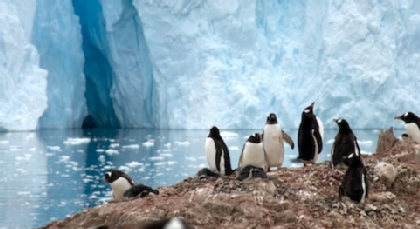
the back of a humpback on the surface. We make two landings a day on average, including Zodiac tours between icebergs and the one visit to Palmer Station, the smallest of the three U.S. American research stations on the continent. And we are constantly surrounded by rugged mountains stretching nearly straight up from where we can see them starting in the chilly water. There are obviously too many experiences and emotions to rely in words here. It’s going to take a long time for us I think, to
-
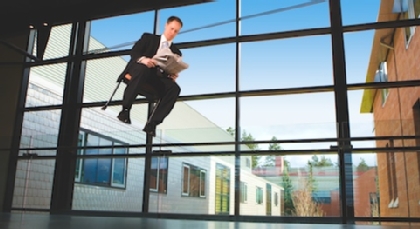
January 26, 2010 Why a high-flying Wall Street investment banker chose to teach at PLU By Chris Albert There’s a little letter ‘m’ on Kevin Boeh’s American Airlines frequent flier card. Even though it’s hardly noticeable, it signifies a pretty unique club – more than one million miles flown.“So I’ve spent a lot of my life on airlines,” the PLU assistant professor of business said. Assistant Professor of Business Kevin Boeh. That’s life when you’re a highly sought after Wall Street investment
-
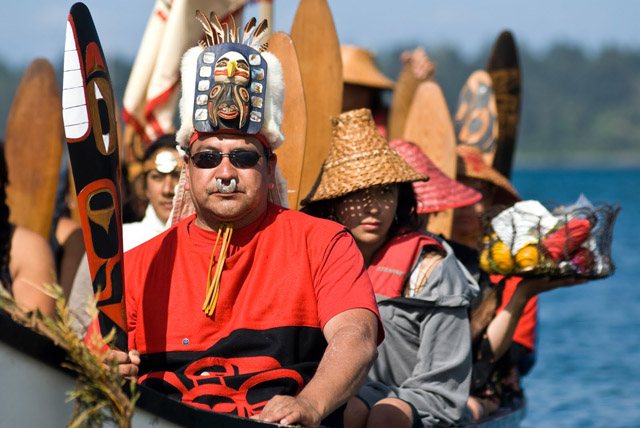
showers. It was my second time at Neah Bay. I had been here once before, part of a J-Term course, “Makah Culture Past and Present.” My experience from that time was why I returned this past summer. Along with several other PLU students and Professor of Anthropology David Huelsbeck, we came to volunteer at Tribal Journeys, one of the largest Native American celebrations on the West Coast of the United States. My first experience at Neah Bay taught me the warmth of the Makah people – I never had been
-
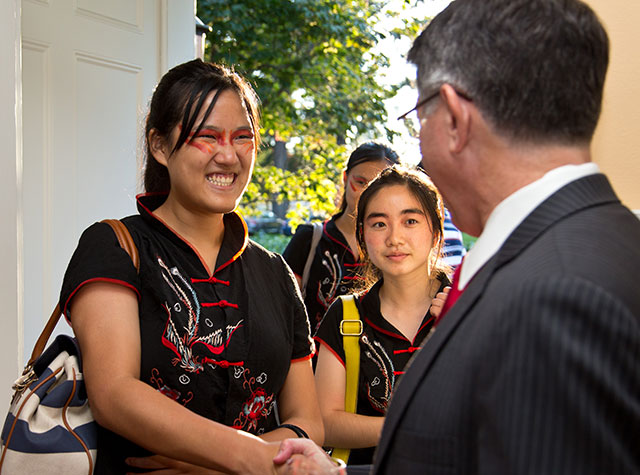
and their professor to the United States to help promote the country and learn about American culture. The six were chosen because they are some of the brightest from the country’s top university—Taiwan University. “Our mission is to promote tourism, our culture and cuisine,” said Cathy, Meng-chi Chang, a junior library information sciences major from Taiwan University. “We think of Taiwan as an island full of love and stories.” She was very impressed with how well places such as PLU embrace
-
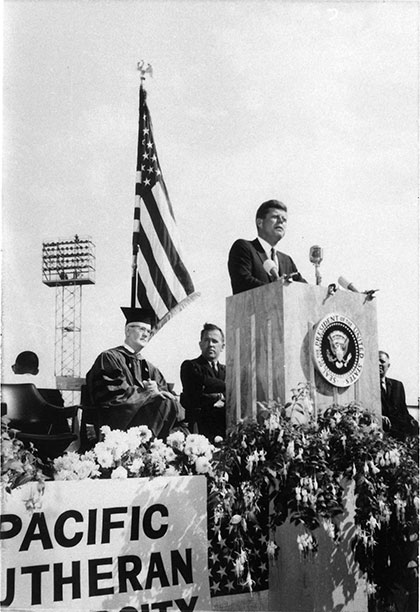
kind of exertion adds about three years of age for each deployment, Dornbusch said. And while most infantry veterans move on to police, correctional or border-patrol work, Dornbusch didn’t want to follow that career path. “School is important for future employment, and you can’t stay in infantry forever,” he said. So now Dornbusch is majoring in pre-physical therapy, with plans to work in sports therapy and earn a doctorate in radiology. Having previously attended American Military University
-
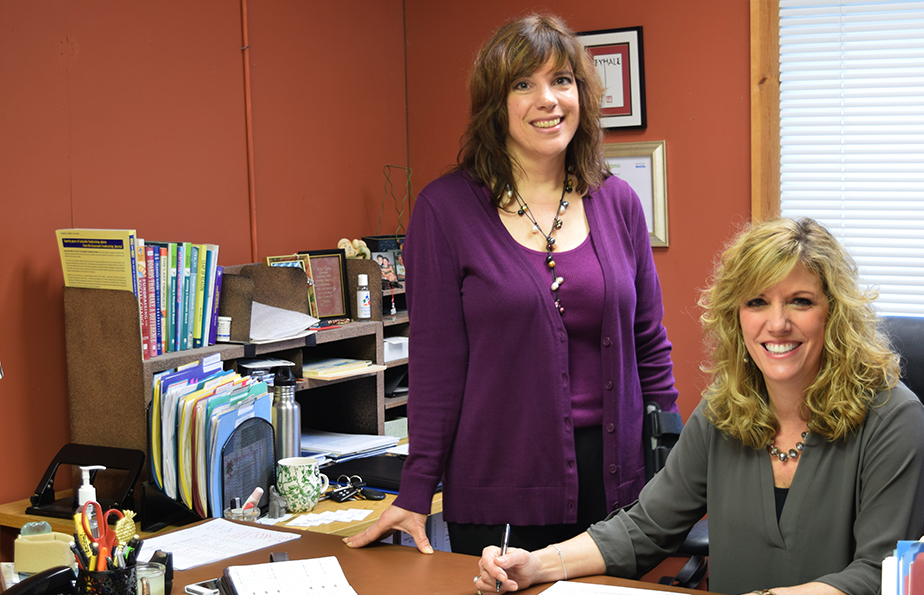
services in 10 out of the Peninsula School District’s 15 schools. Both Speer and Shultz are motivated by their organization’s unique opportunity to make a positive and profound difference in the trajectory of Peninsula-area students. “The most gratifying part of our work is knowing that what I do ‘behind the scenes’ is making a difference in children’s lives,” says Speer, who has spent her entire career working for nonprofits, previously serving at the American Lung Association of Washington, United
Do you have any feedback for us? If so, feel free to use our Feedback Form.


